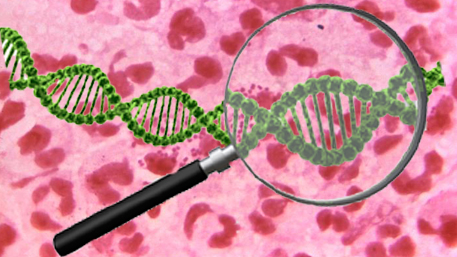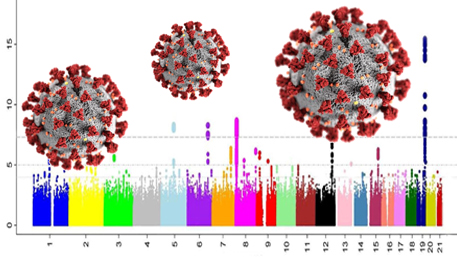Category:
Are We Ready for Population Screening for Hereditary Hemochromatosis?

Hereditary Hemochromatosis (HH) is an inherited iron storage disorder in which the body builds up too much iron, damaging tissues and organs. In most people, HH is caused by two copies of a specific change (mutation) in the HFE gene which is most commonly found in people of European ancestry. In the United States, over Read More >
Posted on by 1 CommentArtificial Intelligence, Public Trust, and Public Health

As a data-driven agency, CDC has always had highly skilled statisticians and data scientists. As part of the Data Modernization Initiative, CDC is supporting strategic innovations in data science using artificial intelligence and machine learning (Ai/ML). Ai/ML is the practice of using mathematics with computers to learn from a wide range of data and make Read More >
Posted on byWhole Genome Sequencing (WGS) versus the gonococcus: How CDC scientists are using WGS to beat antibiotic resistant gonorrhea

Since 1995, when the first high-quality bacterial genome was completed using Sanger sequencing, the number of publicly available bacterial whole genome sequences (WGS) has grown exponentially, due to advances in next-generation (and now third generation) sequencing technology. The first bacteria sequenced using next-generation technologies included very few that cause sexually transmitted infections (STI) like Chlamydia trachomatis, Read More >
Posted on byThe Road Ahead for Genomics Research: From Technology to Population Health Impact

We often reflect on the promise, progress and challenges in the translation of genomics research into population health benefits. A recent commentary in Nature Reviews Genetics featured 12 key scientific challenges and opportunities in the field. Leading scientists took stock of the current state of science and discussed needed research in the next few years Read More >
Posted on byBarriers and Facilitators to Recruiting Study Participants in Host Genomic Studies

Host genomic studies play an important part in understanding disease susceptibility, severity, and outcomes. These studies require a minimum number of participants to ensure statistical power. Participation barriers and facilitators must be considered in order to effectively recruit a suitable number and diversity of eligible participants. The COVID-19 host genetics initiative aims to explain the Read More >
Posted on by

